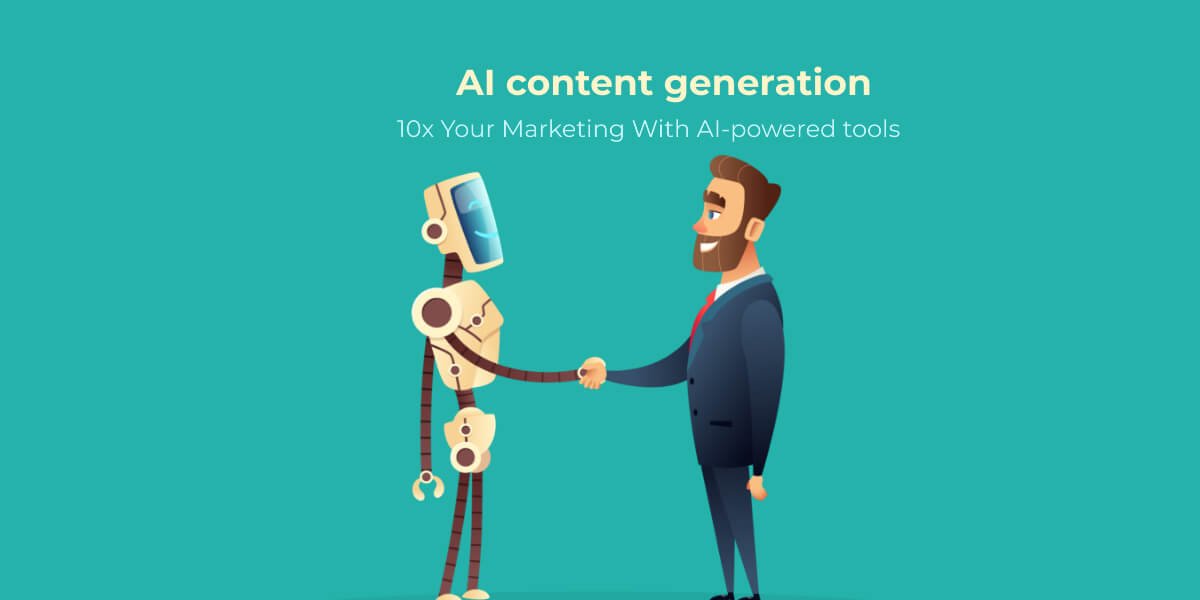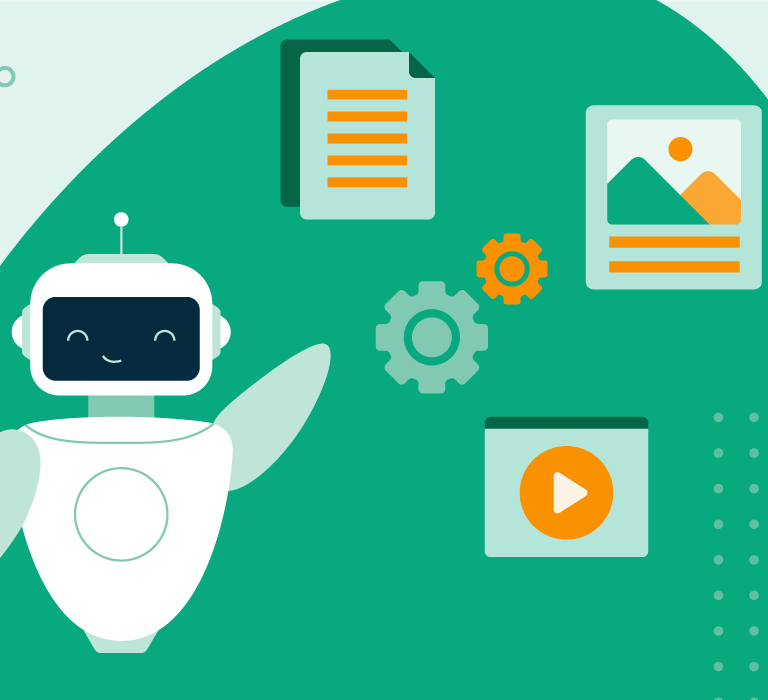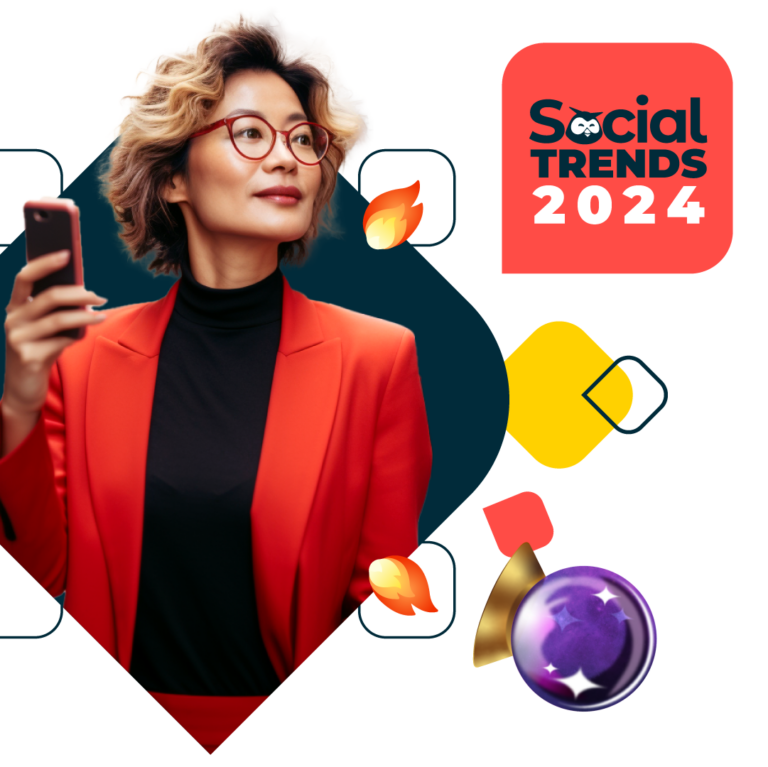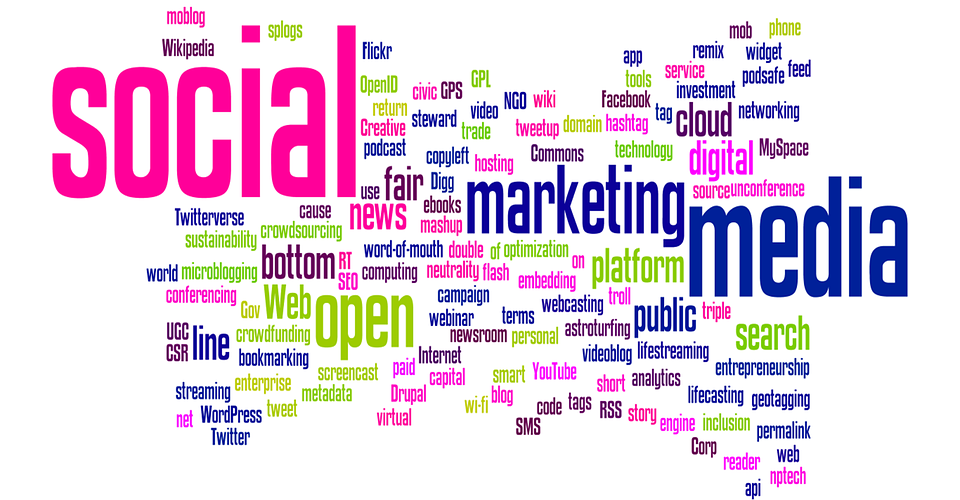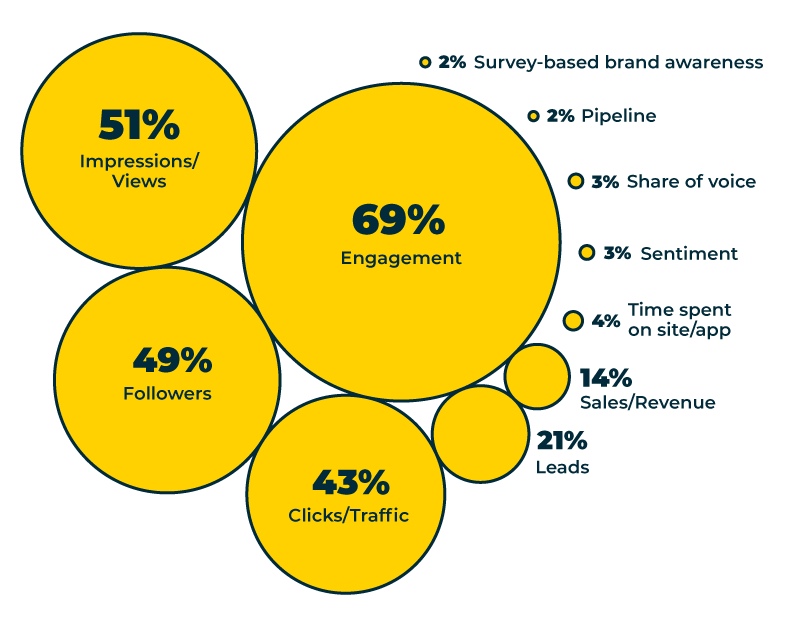![]() In today’s fast-paced digital landscape, small businesses face many challenges to stand out and grow. Traditional marketing methods alone are no longer sufficient. This is where digital marketing becomes a game-changer for small businesses, offering cost-effective and targeted strategies to boost visibility, engage customers, and drive growth.
In today’s fast-paced digital landscape, small businesses face many challenges to stand out and grow. Traditional marketing methods alone are no longer sufficient. This is where digital marketing becomes a game-changer for small businesses, offering cost-effective and targeted strategies to boost visibility, engage customers, and drive growth.
Number 1. Cost-Effective Marketing
One of the main reasons digital marketing is crucial for small businesses is its cost-effectiveness. Unlike traditional advertising platforms like print, television, or radio, digital marketing allows small businesses to reach a wider audience at a fraction of the cost. Pay-per-click (PPC) advertising, social media marketing, and email marketing allow businesses to spend within their budget, optimizing their return on investment.
For example, with a small budget, a local coffee shop can use Facebook ads to reach thousands of potential customers in their area. They can customize their campaigns based on demographics, interests, and behaviors, ensuring that their money is spent efficiently.
Number 2. Targeted Audience Reach
Digital marketing enables small businesses to reach specific groups of people, something that traditional marketing struggles to achieve. Through tools like social media advertising, businesses can target users based on age, location, interests, and online behaviors. This precision ensures that marketing efforts are directed at the people most likely to become customers.
Imagine a small boutique targeting fashion enthusiasts in their city. With digital marketing, they can create targeted ads that only show up for users who have shown interest in similar products, increasing the likelihood of making a sale.
Number 3. Building Brand Awareness
Small businesses often struggle to compete with larger brands. Digital marketing helps level the playing field by offering affordable platforms to build brand awareness. Social media, content marketing, and search engine optimization (SEO) are powerful tools that allow small businesses to grow their online presence and get noticed.
For instance, regularly posting valuable content on social media or writing blogs that answer common questions in your industry can position your brand as a trusted authority. Over time, these efforts help your small business become recognizable to a larger audience.
Number 4. Measurable Results and Analytics
One of the biggest advantages of digital marketing is the ability to track and measure results in real time. Analytics tools such as Google Analytics or Facebook Insights give small business owners detailed insights into how their marketing campaigns are performing. This data-driven approach allows them to see what’s working and make adjustments accordingly.
This means small businesses can make informed decisions about where to allocate their marketing budget for maximum impact. If a particular ad isn’t delivering results, it can be paused, and resources can be shifted to more effective channels.
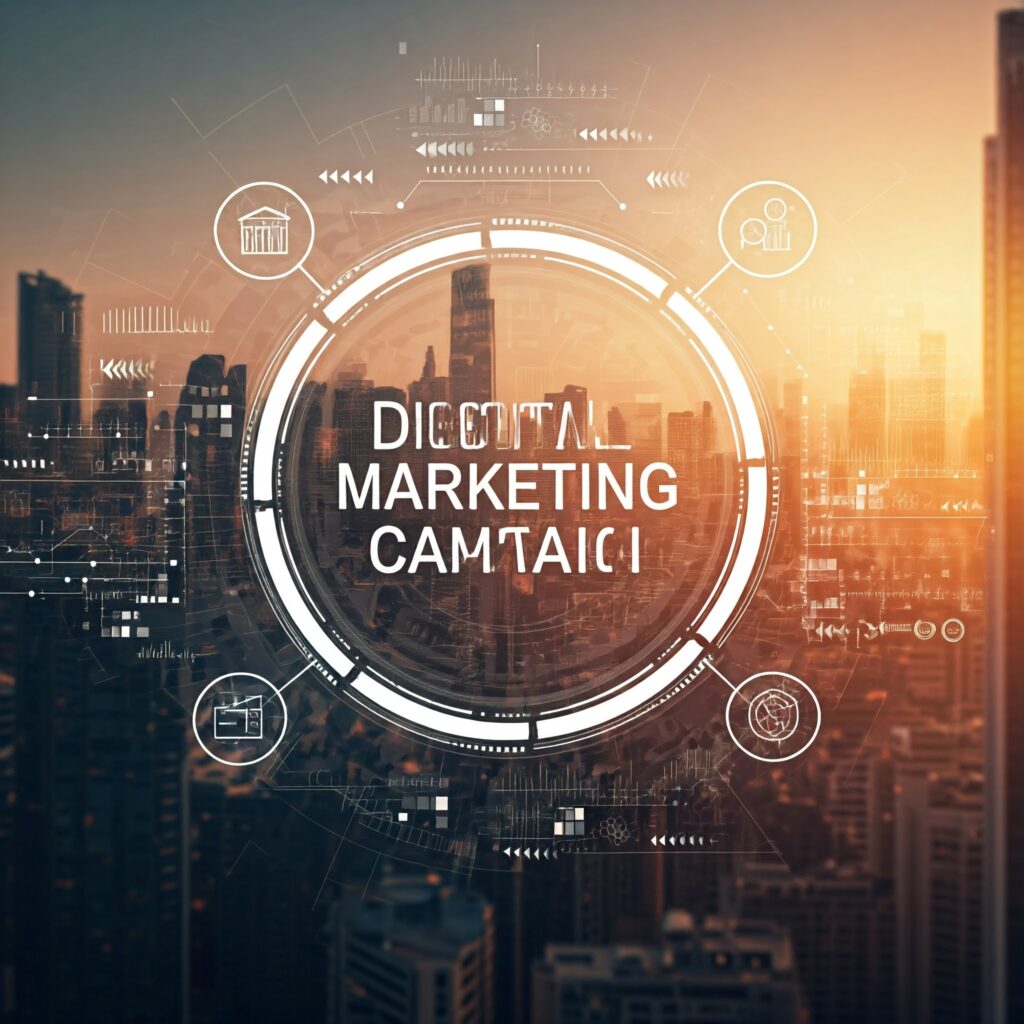
Number 5. Improving Customer Engagement
Customer engagement is key to building loyalty and trust, especially for small businesses. Digital marketing platforms, like social media and email, provide direct communication channels with customers. Responding to comments, addressing concerns, and sharing valuable content creates a sense of community and builds a loyal customer base.
Consider a bakery that posts daily specials and responds to customer questions on Instagram. This interaction not only keeps customers informed but also makes them feel valued, which increases the likelihood of repeat business.
Number 6. Competing with Larger Brands
While small businesses may not have the same resources as large corporations, digital marketing allows them to compete on the same platform. Through creative strategies, personalized content, and data-driven decisions, small businesses can carve out their niche and attract customers in ways that larger companies might overlook.
For example, a small local florist can compete with larger floral chains by using personalized email campaigns, Instagram reels showcasing their unique bouquets, or by optimizing their website for local searches.


